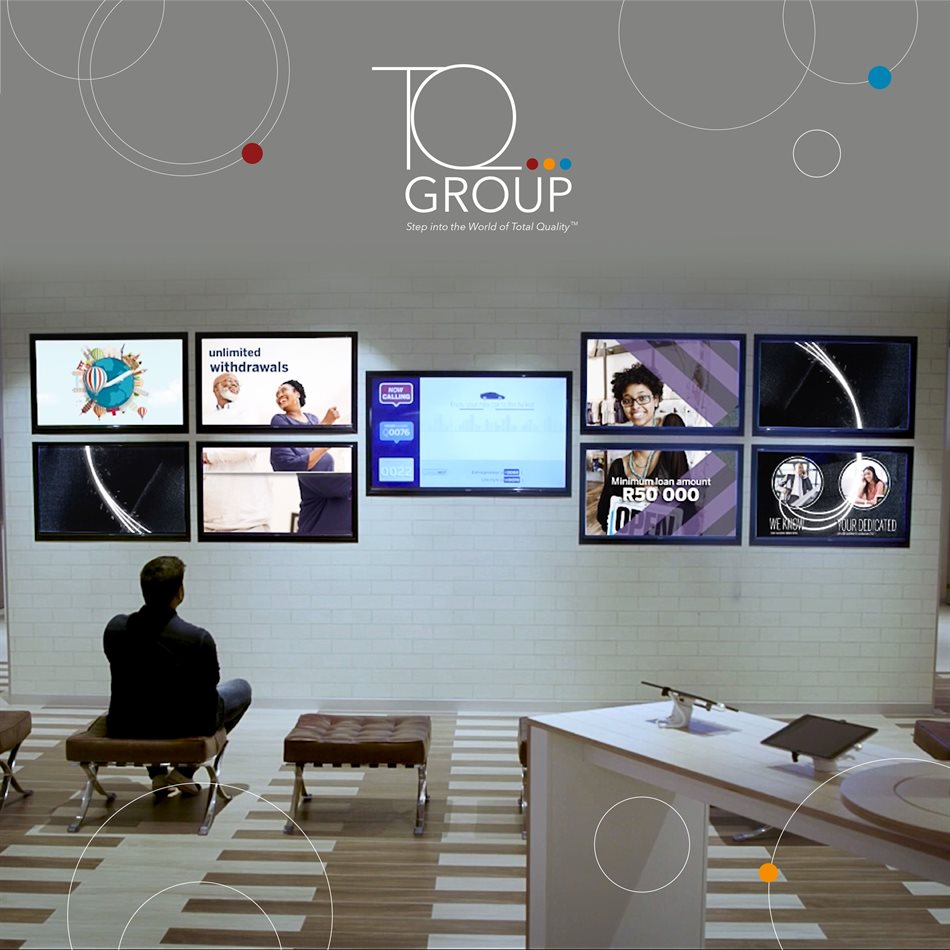The Covid-19 pandemic has undoubtedly been the catalyst to drive broad-based digitisation and spearhead the Fourth Industrial Revolution (4IR). This digital revolution is reshaping consumer behaviour and creating opportunities for innovative new digital communications tools to attract and drive greater customer engagement. Across industries – corporate, finance, retail, technology, healthcare, education, and others, today’s tech-savvy and highly informed consumers are demanding real time, personalised information, delivered digitally.
New technologies to enhance customer engagement
With a recall rate of 83%, double that of traditional advertising, digital screen networks remain a mainstay for driving customer engagement.
Elbé Smith, CEO of tech communications firm, TQ Group, who manage the content, scheduling and technical infrastructure for over 3,700 in-store screens across the African continent, believes that utilising anonymous viewer analytics and facial recognition tools can further maximise the effectiveness of digital screen networks and are essential tools for organisations to better understand their customers.
Smith explains that traditional use of AVA provided basic information on the number of people that passed a digital screen but little more, adding that this technology is now being used in much smarter ways. These include camera sensors which interpret the data and apply sophisticated algorithm analytics to trigger content suited to the viewer.
“Information on how viewers engage with the content on screen, the length of time of engagement, the number of viewers and other information provides valuable information that can be used to ascertain the effectiveness of the content delivered,” says Smith.
Beyond these surface-level benefits, AVA also saves costs – up to 56%, one case-study claims – replacing cumbersome traditional market research and building useful datasets from which valuable market insights can be extrapolated.
Smith adds that smart retailers are making use of apps that track the products that customers examine in store and which in turn will trigger personalised digital screen content, allowing the retailer to deliver the right message to the right customer at the right time.
Smith says that tech communications firms like TQ are already looking towards a near future for their clients in which an ever more sophisticated array of sensing and monitoring methods, including augmented reality (AR) tech, and Internet-of-Things (IoT) devices are used to enhance personalisation, engagement and interactivity of communications. “Interactive screens with scannable QR codes are a now commonplace application of AR, but exciting possibilities are being explored, like apps that use a phone camera and on-screen cues to help users find what they’re looking for at a library, sports stadium or supermarket,” she says.
“New communications technologies have made it possible for organisations to drive engagement between customer and product through content that is highly relevant and served up in real time and across diverse devices, platforms, languages and locations,” concludes Smith.
